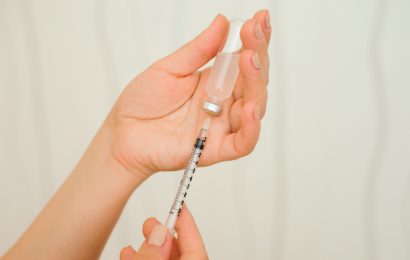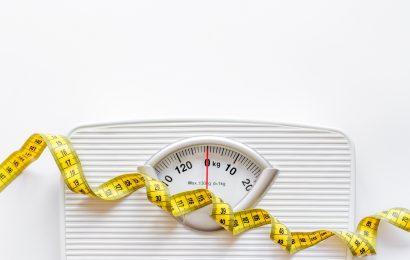As the old saying goes, breakfast is the most important meal of the day. And according to new research presented at the annual meeting of the Endocrine Society, this may be true, at least as it applies to insulin resistance.
Skipping breakfast has been associated with higher body-mass index (BMI; a measure of weight in relation to height) and disruptions in metabolism. To determine the metabolic effects of not eating breakfast in overweight and obese women, researchers looked at 10 women with an average age of 29 and a BMI of 27–35 (considered overweight to obese). Eight of the women typically ate breakfast, while two did not.
The study occurred on two separate days a month apart during the follicular phase of the women’s menstrual cycles. The participants were told not to exercise the day before each study day and were provided with a standardized dinner of 15% protein, 30% fat, and 55% carbohydrate that provided 35% of the day’s calories. The morning of the first study day, they were randomly assigned to either eat a standardized breakfast (with the same macronutrient breakdown as dinner) providing 25% of the day’s calories or to drink a glass of water. On the second study day, they did the opposite. Four hours after eating breakfast or drinking the glass of water, the participants were given a standardized lunch proving 35% of the day’s calories.
The researchers found that skipping breakfast impaired the women’s metabolic responses after lunch: While pre-lunch insulin levels were similar in both groups, insulin after lunch increased to significantly higher levels in the women who had not eaten breakfast that morning. The findings were similar for glucose levels. Additionally, not eating breakfast was also associated with significantly higher levels of free fatty acids before lunch.
“People may be [skipping breakfast] to try and eat less but they end up with a dysfunctional use of fuel for their bodies that causes them to actually gain more weight and develop more insulin resistance,” noted endocrinologist Lisa Fish, MD.
Limitations of the study include its small size and its use of a healthful, balanced breakfast that does not reflect the typical American breakfast. Because the study has not yet been peer-reviewed, the data should be considered preliminary.
For more information, read the article “Skip Breakfast, Fuel Insulin Resistance” or see the study’s abstract in the scientific and conference program of the Endocrine Society’s annual meeting. And to learn more about insulin resistance, click here.




